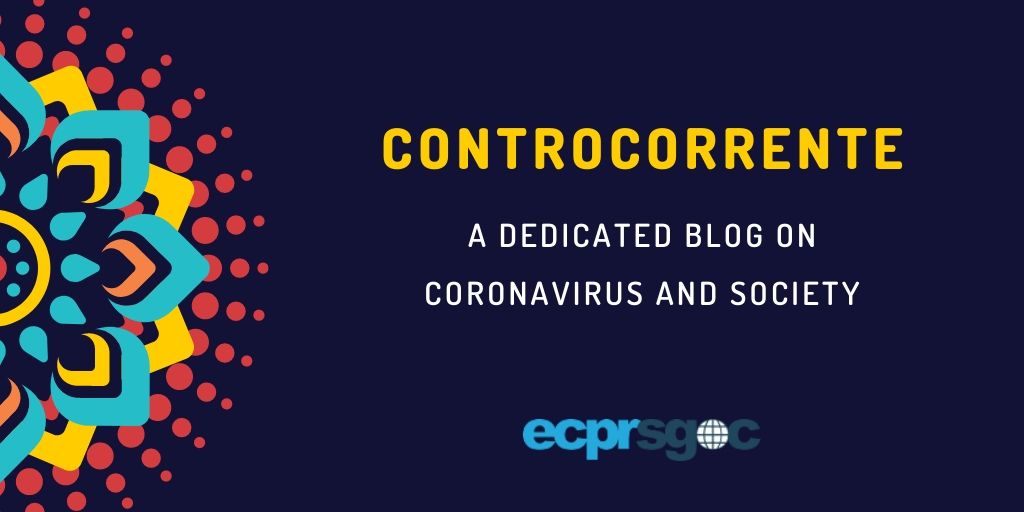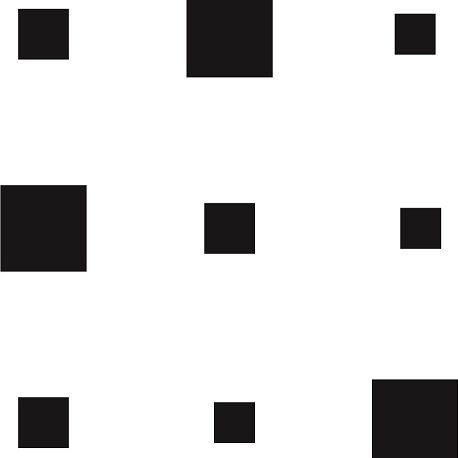
Auto-ethnography of everyday Covid-19 Edinburgh
Chris Holligan
University of the West of Scotland
The domestic
Prior to Boris Johnston’s 8.30 pm national news broadcast some weeks ago my wife said as she rushed to the car to leave me taking the dog with her “Goodbye. I’ll miss you”. I stayed sitting at the PC busy as usual doing things. I said “OK” not quite taking the seriousness of what was emerging on board. I don’t even think I looked out the window to hear or see the car moving. After a life-threatening illness in the recent past and knowing my sociability she reckoned I was a risk to her life. If I carried the Corvid 19, I might pass it on to her. There was now way short of being tested would I know that, and besides even the food I shopped for or the clothes I wore might introduce Corvid 19 into her and worse result in her death. I’ve been living along for about a month now. You get used to speaking and listening constantly and sharing small stories. The silence is odd. At 9 pm on that broadcast day I rang Police Scotland to determine more clearly how the lock-down would affect me. As they classified my wife as a “vulnerable person” I had permission to deliver food out of town, but not to enter the house and to stay 2 metres distant throughout the period. It is easy to dismiss the seriousness of the Corvid 19 but that would be foolish. It is a very ‘effective’ virus at shutting down human lungs. Even after the let up of the lockdown we are not sure whether that means it is necessarily safe to live together in the same house until we are each tested, or a vaccine is created.

The streets
Outside I watch how others are behaving and seeming to manage. Joggers travelling at running speed have ran twice into me on the pavement of Morningside Road. Neither apologised. One who literally bounced off my tough body loudly emitted “Jesus Christ!”. I watched as this duo continued up the street. They appeared to be a middle-class couple. I think they had a sense of entitlement expecting a pedestrian to jump aside to allow them privilege. There was no apology or show of embarrassment. The Corvid 19 had not interfered with fitness individualism. Joggers have an increased presence on the pavement in recent days. In a less dramatic incident a professional looking male of about 35-45 passed well within the 2-metre distance and as he, still running, brushed my coat let whisper “Social distance”. The other day I observed more of these self-engrossed individuals move onto the road as they pass walkers. I assume they are now less sanguine about a Corvid 19 transmission. I’ve been standing in a few long supermarket queues having risk my intact body on the local pavement to reach them. Despite comments of the Corvid 19 being a social-leveller, I’ve not seen that translate into warm chat and much banter. Perhaps bourgeoise Edinburgh will never ‘succumb’ to be open and more relaxed. I forget to mention another notable pavement ‘meeting’ where a dog owner with dog on lead decided not to make room. We inevitable bumped into one another. They clearly said the expletive “Fuck off”. I keep thinking why I was not seeing the Big Society, especially as we are told by elites, we faced a dangerous common enemy. It left me wondering that existing social fractures and hierarchies were resistant to change even in pandemics. In one queue outside Sainsbury’s I remarked to a man behind me that the Waitrose queue was about 40 expecting a chat. He heard me and made some type of verbal noise. I decided that the Virus may be affecting others quite badly. Despite these peregrinations in recent days I have no heard one car horn. I think this reflects a common awareness that it would be bad form to express that angry emotion when many are dying or otherwise in pain.
The television
Although I have watched around an hour of news in the evenings it has been highly repetitive. Party political elite’s commentary has been highly formulaic as if they are very concerned not to appear nuanced and break a stereotypic analysis of Corvid-19’s social and economic implications. In this way I thought the media is colluding with the status quo that is a deeply divided class structured society to focus analysis merely on the immediately observable. It was Karl Marx that told us that reality lies behind appearance and that appearance conceals what things are actually like. Supermarket staff have been invariably kind and helpful. The Virus has enabled shared conversational context at the check-out and whatever the class of the customer the irritations and worry of the lock down elicit a sense of temporary togetherness. I was thinking it is telling that the dominant commentaries on television are by medical scientists. We hear little if anything from others such as sociologists or criminologists about the collateral effects of Corvid 19. Collectively it seemed to me we are been suffocated through a diet of extreme boredom. The social order governing us over this period is not religion or punitive policing but an incessant iteration of things that are established but continue being conveyed as news. Perhaps through serendipity I’ve discovered a political order being managed through scientific regurgitation in the guise of importance. Dumbing down has a new identity.
10 April 2020.
***
This blog aims to reflect the opinions, thoughts, and concerns of academics and researchers related to COVID-19. All views belong to authors and it does not represent the views of any organisation.

